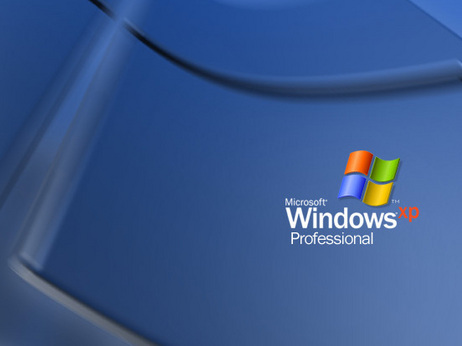
If you're reading this post(公告,帖子) at work, chances are that your computer is running Windows XP. But Microsoft really, really wishes that wasn't the case — and it's taking an incremental(增加的) step to make its wish come true.
As of Friday, Microsoft will no longer allow PC manufacturers(制造商) to preinstall(预安装) Windows XP on new netbook PCs, which are really the only remaining new plaforms where XP has any traction(牵引力,魅力) any more. It's a big step in the slow death of an operating system that, according to Netmarketshare, still runs on an incredible(不可思议的) 60 percent of all PCs.
Microsoft packed up its bags and moved on a while back — XP is now two iterations(反复,累接) away from Windows 7, the current Microsoft OS — but getting companies off XP hasn't been easy. It's been around since 2001, making it positively fossile-like(化石般的) in computer years, but companies continue to balk at(畏缩) the expense and possible pain of upgrading the OS.
Still, "It's just a fact of life that we can only milk a cow for so long," analyst David Cappuccio told a recent conference.
Choking off(中止做) supply is an effective way to eventually force the issue. Companies have been slower to upgrade their PCs than in the past, but computers eventually go the way of all mechanical things.
Re-striping sleek new PCs with the old operating system is simply going to make less and less sense, even if the IT department has a perfectly good site license. There's something that just seems wrong about installing XP on, say, a computer with a six-core processor. It's like strapping(捆扎) a jet engine on a bicycle — technically, everything might work, but you wouldn't really recommend it.
Microsoft says it will end support for XP and Office 2003 — the one-two computing punch in many an office across America — by April 2014. Meanwhile, the well-reviewed Windows 7 has become the fastest-selling OS in history, and sales are accelerating.
So get used to the idea that the OS you've been using since early in the Bush administration is going to go away. Of course, with the proliferation(增值) and increasing power of mobile devices, the desktop(桌面) as you know it is probably going away as well — but that's another topic for another time.

